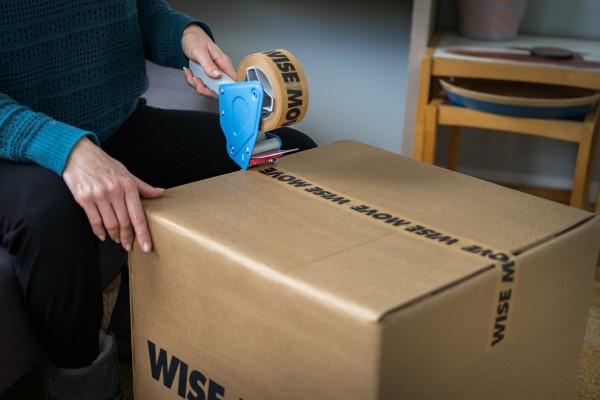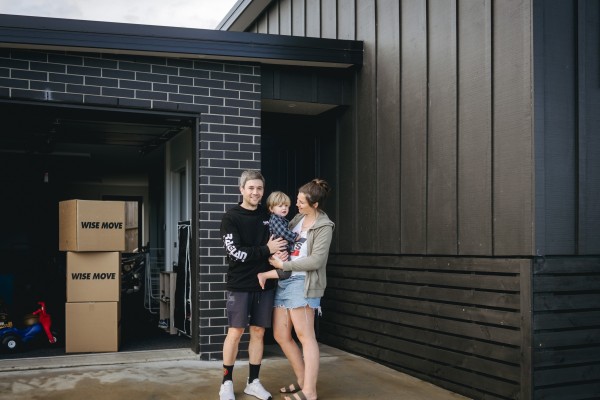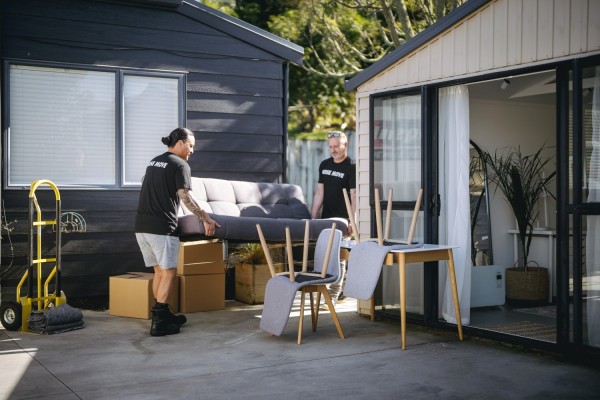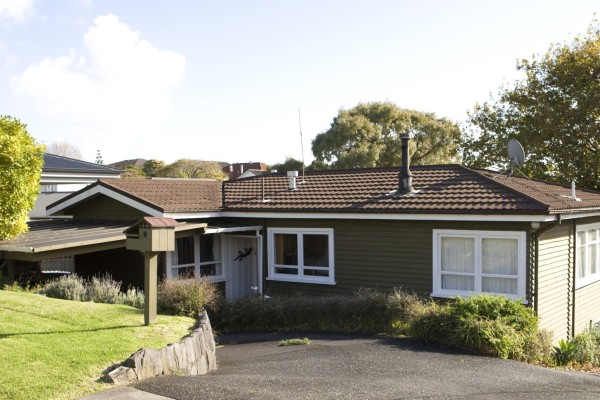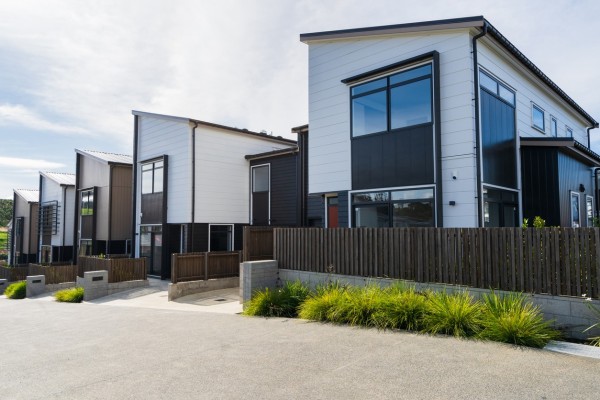What to expect from New Zealand’s housing market in 2025
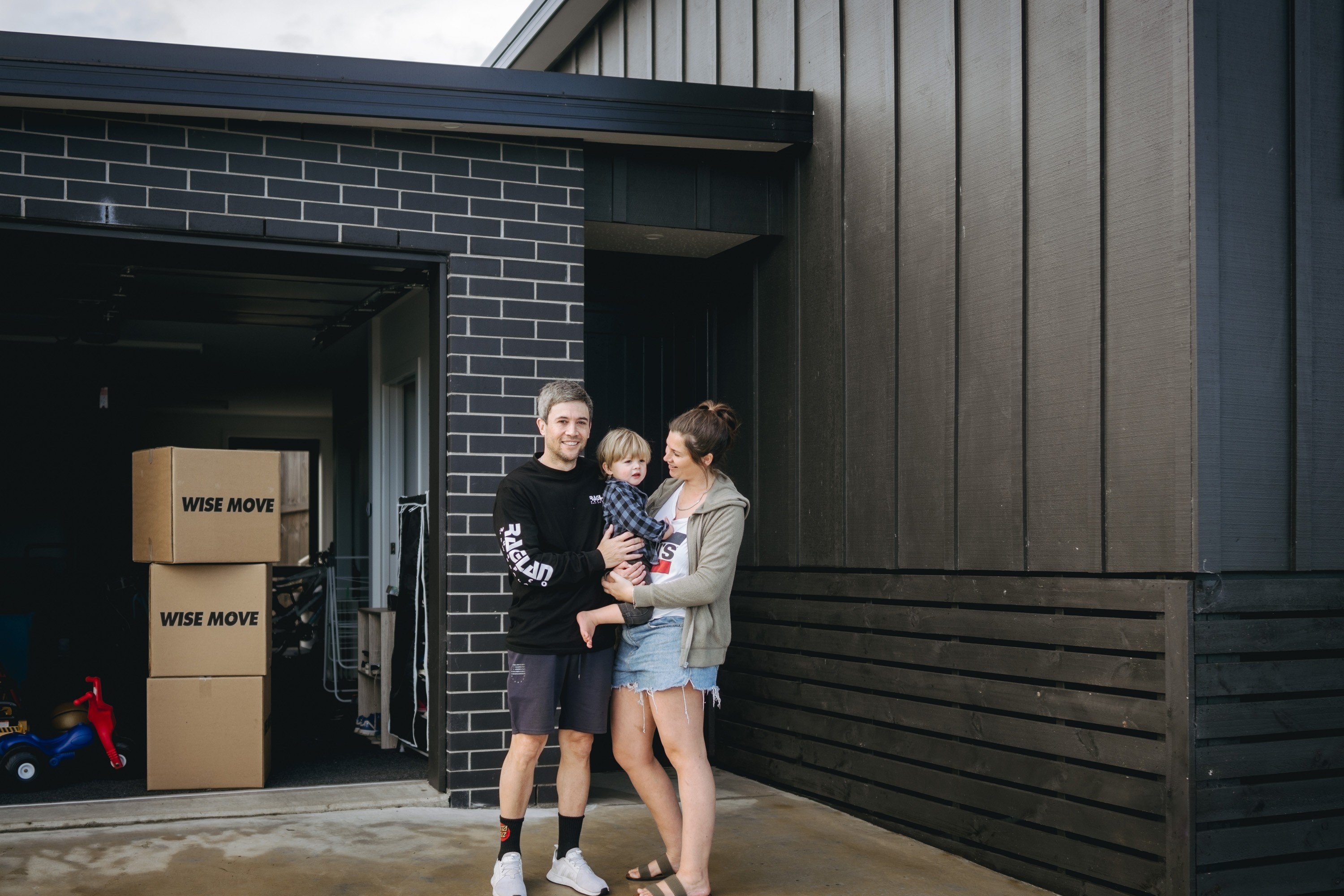
No one can predict with complete certainty what the housing market will do. However, now that we're a few months into 2025, some trends and forecasts are starting to emerge.
Whether you're thinking about buying a home in New Zealand or looking to rent a new place, taking note of these predictions can help you feel more prepared when starting your home-buying journey or moving into a new property.
What are the banks predicting for NZ house prices in 2025?
New Zealand’s biggest banks have all made house price forecasts for 2025. While they don’t all agree with one another, it’s safe to say that the overall outlook is optimistic. House prices are expected to rise in 2025.
On average, the median forecast from our biggest banks predicts that house prices will go up by 6.80% between December 2024 and December 2025. While this might not sound like a huge increase, it could become a decent gain if you sell your house this year.
For example, if you bought an $800,000 home in Auckland and experienced a 6.80% gain over the year, your property could be worth $854,400 by the end of the year. That’s an increase of $54,400 just for owning your own home.
Predictions from individual banks
-
ANZ’s prediction is on the lower side. For 2025, they are predicting a 6.00% rise in house prices.
-
ASB has the most optimistic prediction, with a forecasted growth of 9.40%.
-
BNZ is right on the median at 6.80%, a position they often take.
-
Westpac also has a positive prediction, tipping prices to rise by 7.19%.
-
The Reserve Bank are a lot more conservative, forecasting a 3.79% increase.
While it’s clear there’s a range of views and a wide range of predictions, all banks are looking in the same direction—up.
Whether you’re an investor, a renter or a first-time buyer, these insights can give you an idea of whether 2025 is a good year to buy a house.
Is it a good time to buy a house right now?
 ‘Good’ is relative depending on your personal situation. However, there are a few reasons why 2025 might be a good time to buy:
‘Good’ is relative depending on your personal situation. However, there are a few reasons why 2025 might be a good time to buy:
Prices are still relatively low
Right now, the New Zealand housing market is coming off a downturn and has started to stabilise. If house prices rise this year as forecasted by the banks, buying now could mean getting a house for a slightly lower price before the market upswings.
Less competition
Many buyers are choosing to sit on the sidelines, waiting for interest rates to drop or to see whether the market will dip even more. With more sellers and fewer buyers in the market, this might give you more negotiating power, less pressure, and potentially better deals, especially if you're buying new builds or homes that have sat on the market for a while.
You plan to hold long-term
If you’re planning on staying in your house for at least 5–10 years, short-term market dips or bumps matter less. Over the long term, property in New Zealand has generally trended upward, so buying a house now means you’re likely to experience a rise in the value of your home over time.
You’re financially ready
The best time to buy a house is often when you are ready. If you’ve got your deposit, can comfortably handle mortgage repayments (even with current interest rates), and have factored in other costs like insurance and maintenance, then timing the market isn’t that important. Buying when you’re personally ready often matters more.
Are there any reasons to be cautious about buying a house right now?
Buying a house is a big decision. You need to consider the downsides of making such a big purchase. Here are some reasons to be cautious in the housing market right now.
Interest rates are still high
Mortgage repayments can be steep right now. Some New Zealand economists predict a drop in rates later in the year. However, in the short term, you’ll need to make sure you can afford all your mortgage, bills and utility payments, as most people fix for at least one year. You don’t want to get caught out a few months down the line by over-extending yourself.
The economy’s uncertain
It’s hard to escape the talk of a global recession right now. Global economies are relatively unstable right now, and some regions of New Zealand are experiencing slow recoveries, and layoffs in the public sector are still happening. So, if your job or income is at risk, or you’d be stretching financially, it might be smarter to wait to buy a house. During this time, you can build up more of a cash buffer.
Prices might stay flat a bit longer
While banks are predicting growth, they are predicting a gradual rise, not a boom in house prices. If you're expecting a quick return on investment, want to flip a home after renovating it, or are planning on moving in 3-5 years after your purchase, your house might not increase in value that much. This matters more for investors than long-term homeowners.
What to expect from the rental market in 2025?
 Of course, it’s not just homeowners or buyers affected by what house prices are doing this year. As a renter, you’ll also need to know what to expect. Here’s what you might expect from the rental market in 2025:
Of course, it’s not just homeowners or buyers affected by what house prices are doing this year. As a renter, you’ll also need to know what to expect. Here’s what you might expect from the rental market in 2025:
Longer vacancy times
You may have noticed that many rentals are sitting empty longer than usual. This means that, as a tenant, you may have more room for negotiation. Whether you’re looking for a periodic lease, a pet-friendly rental, or a reduction in rent, many landlords are open to negotiation, as it means they can get their property tenanted.
More choice
In many areas, especially our biggest cities like Auckland or Wellington, there are more listings than there were a year or two ago. That gives you a better chance to find something that actually suits your needs and budget without feeling pressured to take a rental that doesn’t meet your needs.
Rent growth has slowed
New Zealand has experienced several years of steady rent increases. As a renter, this can leave you paying a lot more than what the current market rent is worth. If you’ve been in your place for a while and the rent keeps rising, now might be a good time to find a cheaper property.
Why moving rentals now might make sense
-
You’re not in a fixed-term lease or close to the end of one.
-
You want to save money or get more space for the same price.
-
You’re in a property where the rent keeps rising, or doesn’t meet your needs anymore.
-
You have flexibility—if you can take your time to look and negotiate, you’re in a great position.
What you should consider before moving rental properties this year
Check your current lease
If you're still within a fixed-term tenancy, make sure you understand the rules around breaking it. Sometimes it's straightforward. Other times, there could be fees or a requirement to find a replacement tenant. Some property agreements will make you see out your full 12-month contract and won’t let you break it or sublet your property.
Factor in moving costs
Bond and moving expenses can add up, especially as you’ll often have to pay the new bond before getting your old one back. Make sure the new place is worth the switch. Hiring a mover is another expense that you should factor in. Moving platforms, like Wise Move, make it easy to find trusted and affordable movers near you.
Don’t wait too long
If interest rates drop later in the year and more people start house hunting or moving, rental demand could pick up again. It may be a good idea to take advantage of this drop in the housing market while you can, as this window of opportunity might not last forever.
How to get the most out of your home or rental move
 Moving home or relocating to a new rental can be exciting, but it’s also a major life admin task that can get surprisingly expensive if you're not careful. Between bond payments, moving costs, and time off work, the cost and stress can all add up quickly. Fortunately, with a bit of planning, you can save time and stress without cutting any corners.
Moving home or relocating to a new rental can be exciting, but it’s also a major life admin task that can get surprisingly expensive if you're not careful. Between bond payments, moving costs, and time off work, the cost and stress can all add up quickly. Fortunately, with a bit of planning, you can save time and stress without cutting any corners.
Budget before you pack a box
One of the biggest hidden costs is timing. Often, you'll need to pay the bond for your new place before you get the bond back from your old one. That means a chunk of cash tied up for a few weeks. Add in moving supplies, a rental van, and you can easily spend more money than you intended. Get organised early by knowing what your total move costs are upfront.
Don’t DIY your move
While it might sound counterintuitive, hiring professional movers can actually save you money. Moving on your own takes a lot more time. Professional movers mean fewer trips, less stress and no costs you weren’t planning for, like refilling the tank of your rented cargo van.
Sell, donate or ditch
Most of us have too many items in our homes. Moving is the perfect opportunity to get rid of all the things you just don’t need. After all, whether you’re hiring professional movers or doing it yourself, do you really want to pay to move broken furniture or clothing that you just don’t wear from house to house? Lightening your load means faster moving times and lower cost.
Shop around for quotes
Shopping around for moving quotes is one of the best ways to save money on your move. While this sounds time-consuming, it doesn’t have to be. You can get a range of quotes from reputable movers on Wise Move, with just one listing. Not only will this save you time, but it also saves you money. Get started by booking your Wise Move today.
What do our customers say?






For every (wise)move







![What does it cost to build a new house in New Zealand? [2025] What does it cost to build a new house in New Zealand? [2025]](https://cdn.wisemove.co.nz/image/blog/ffd5dbdc5eec7e9eb3ad049d6c5c7f4d.jpeg)
![What does it cost to build a new house in New Zealand? [2025] What does it cost to build a new house in New Zealand? [2025]](https://cdn.wisemove.co.nz/image/blog/e6ff8be4799a6aa4367775d2f3eb5f66.jpeg)
